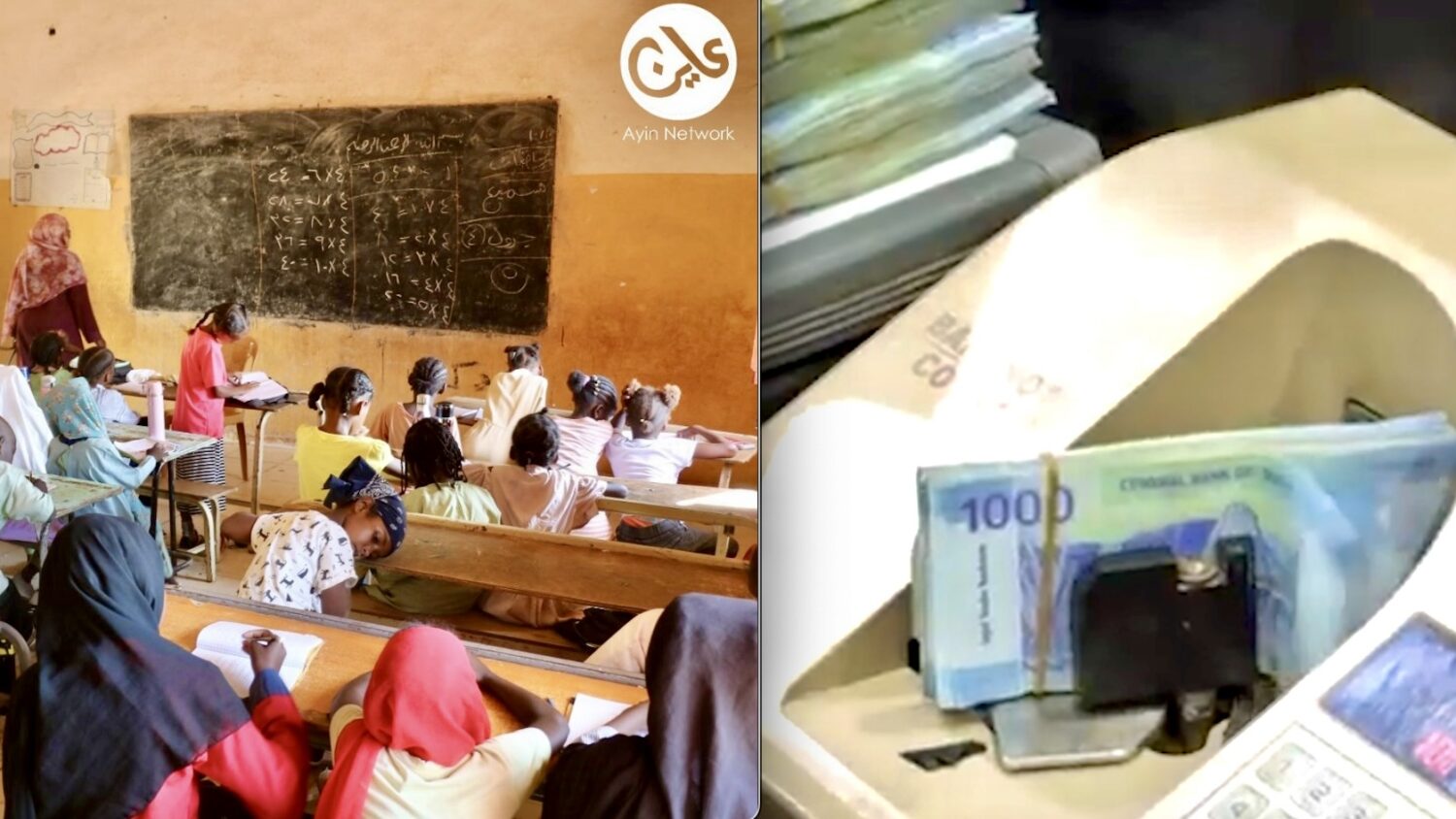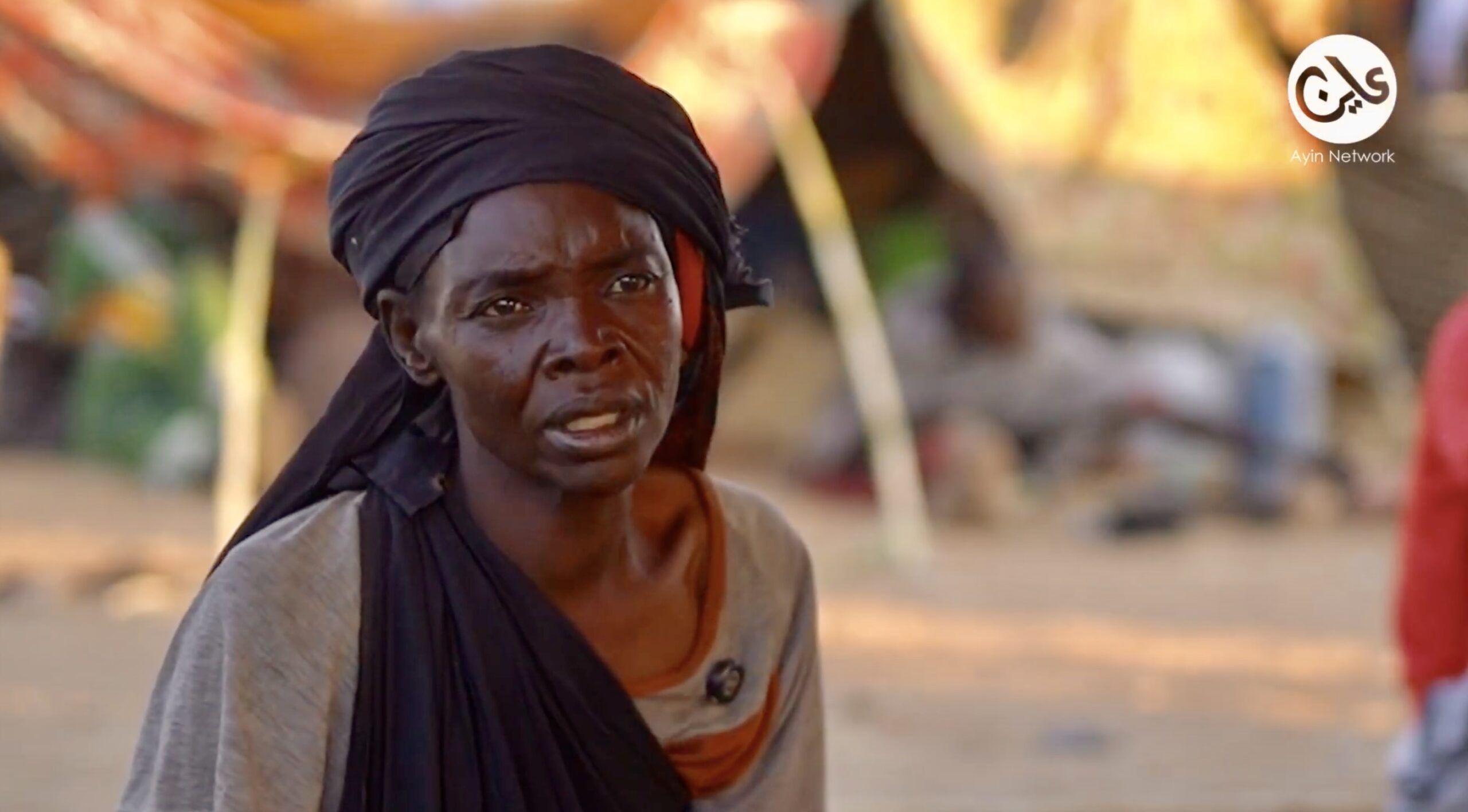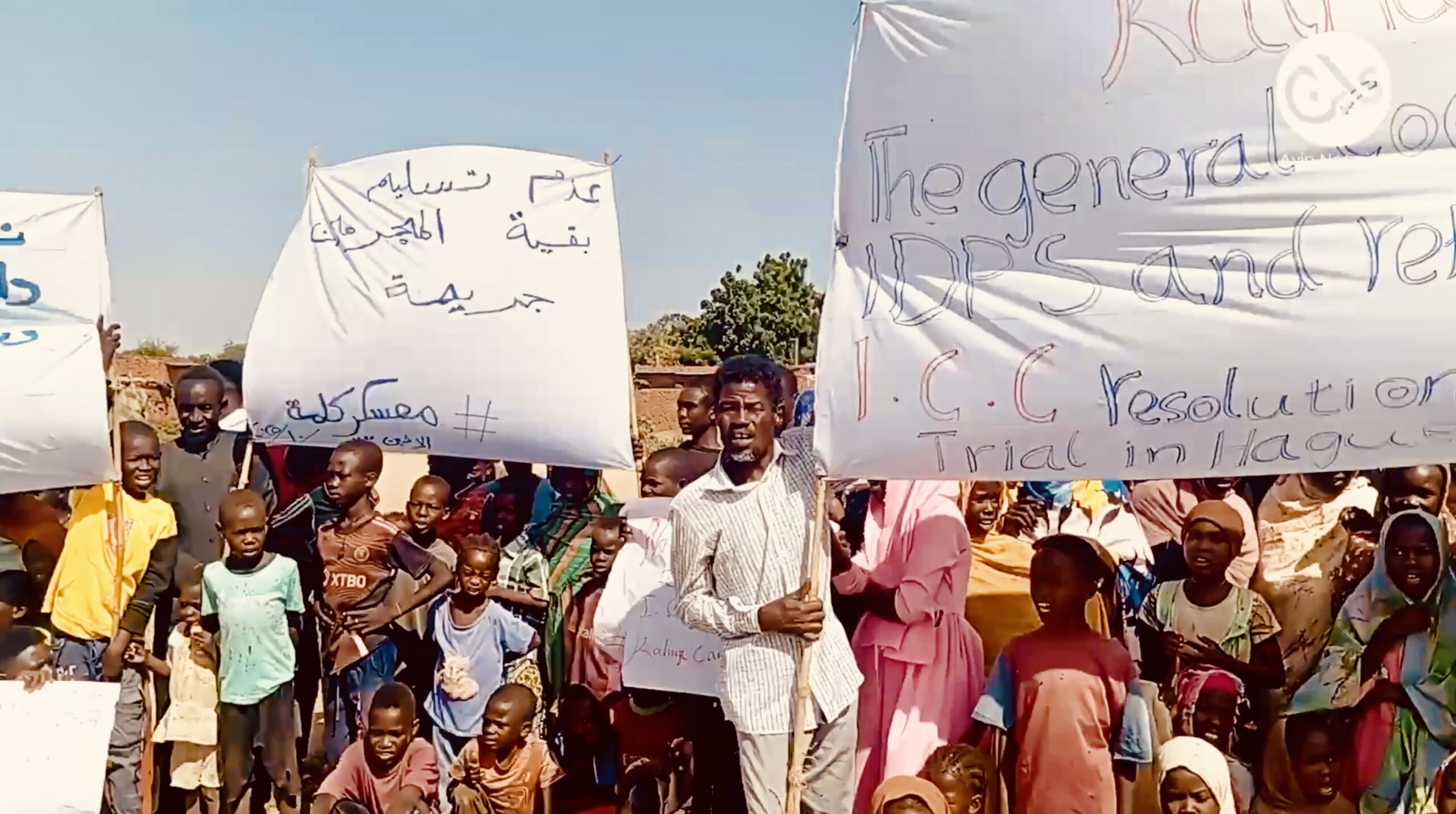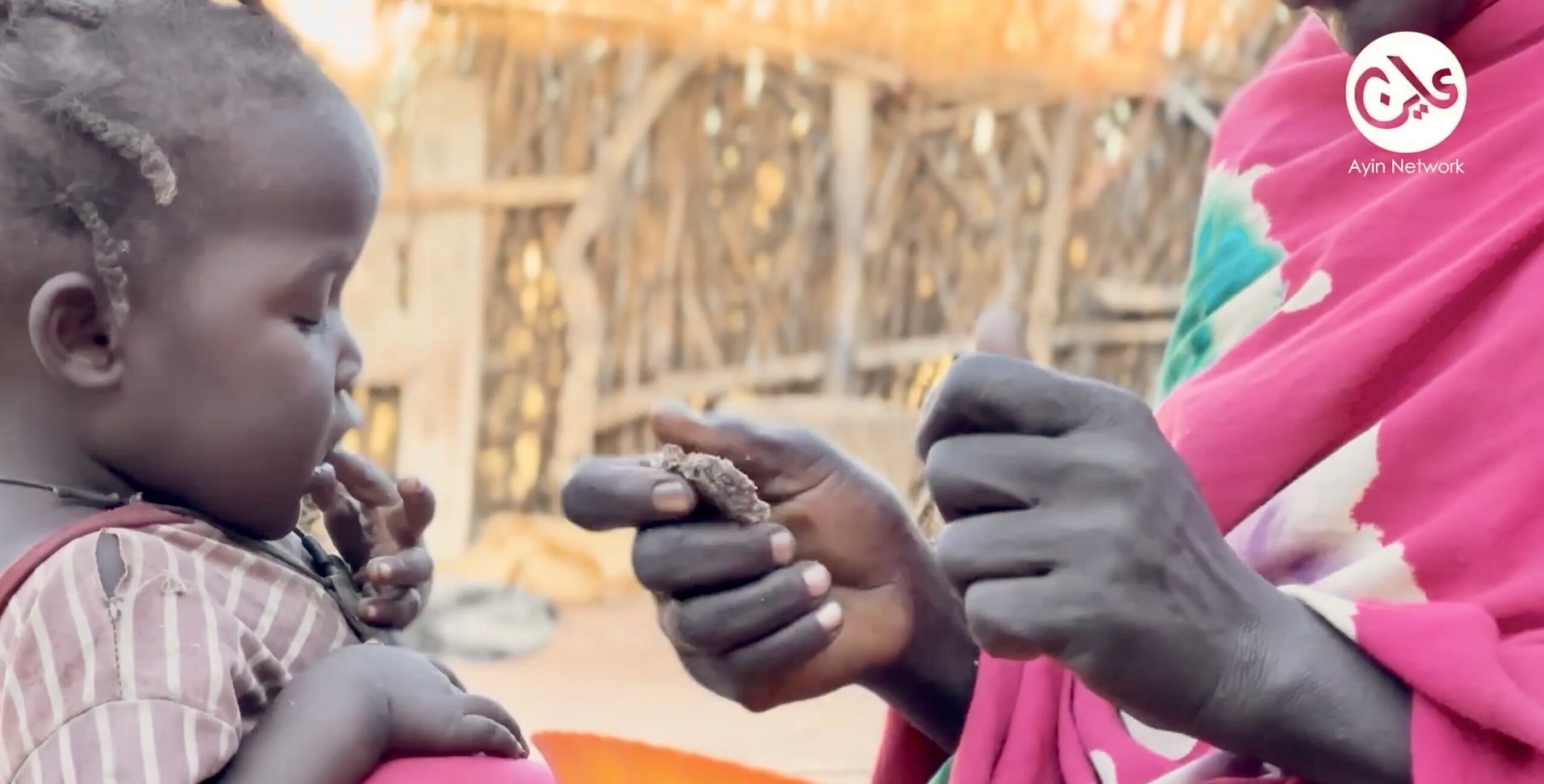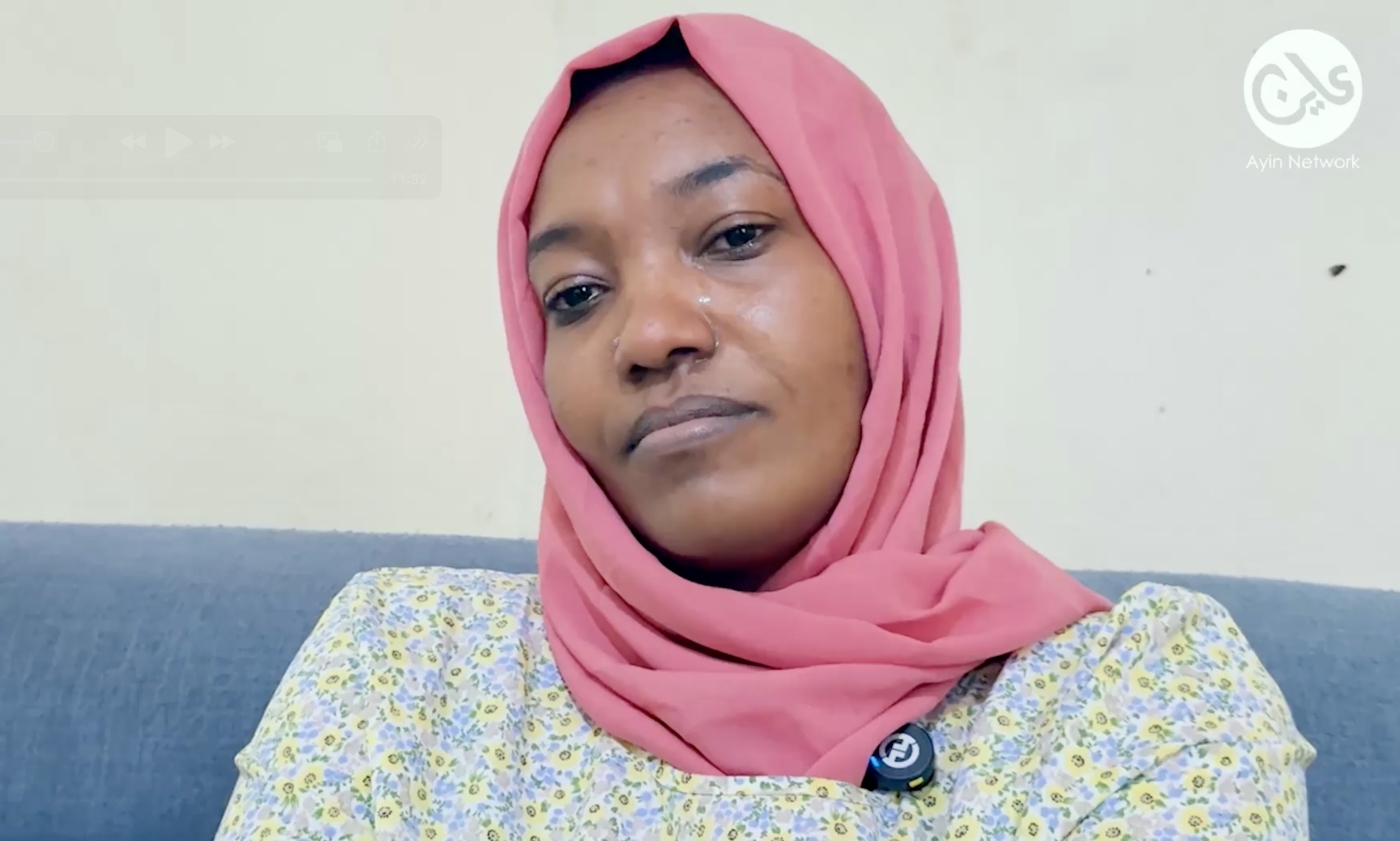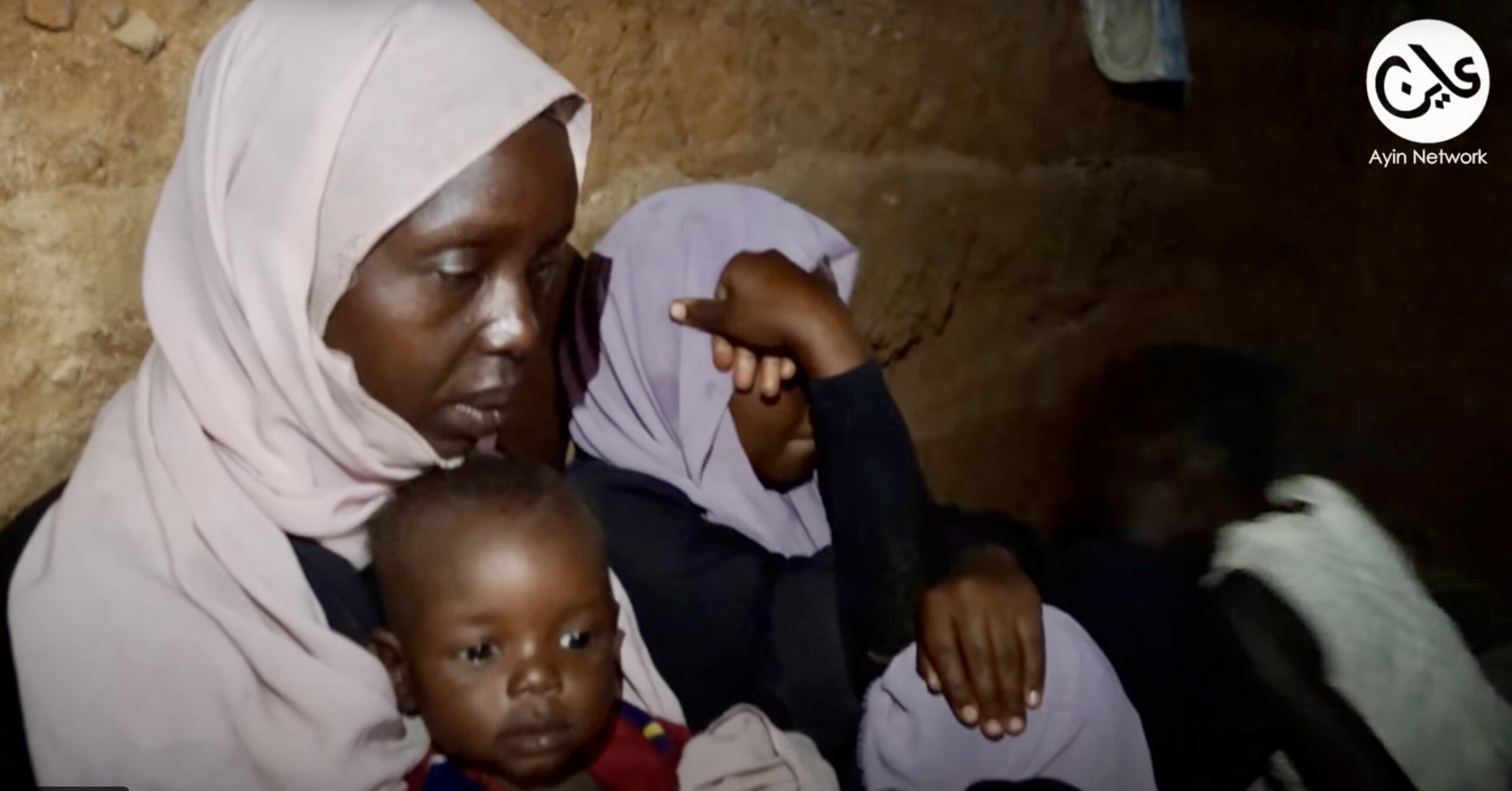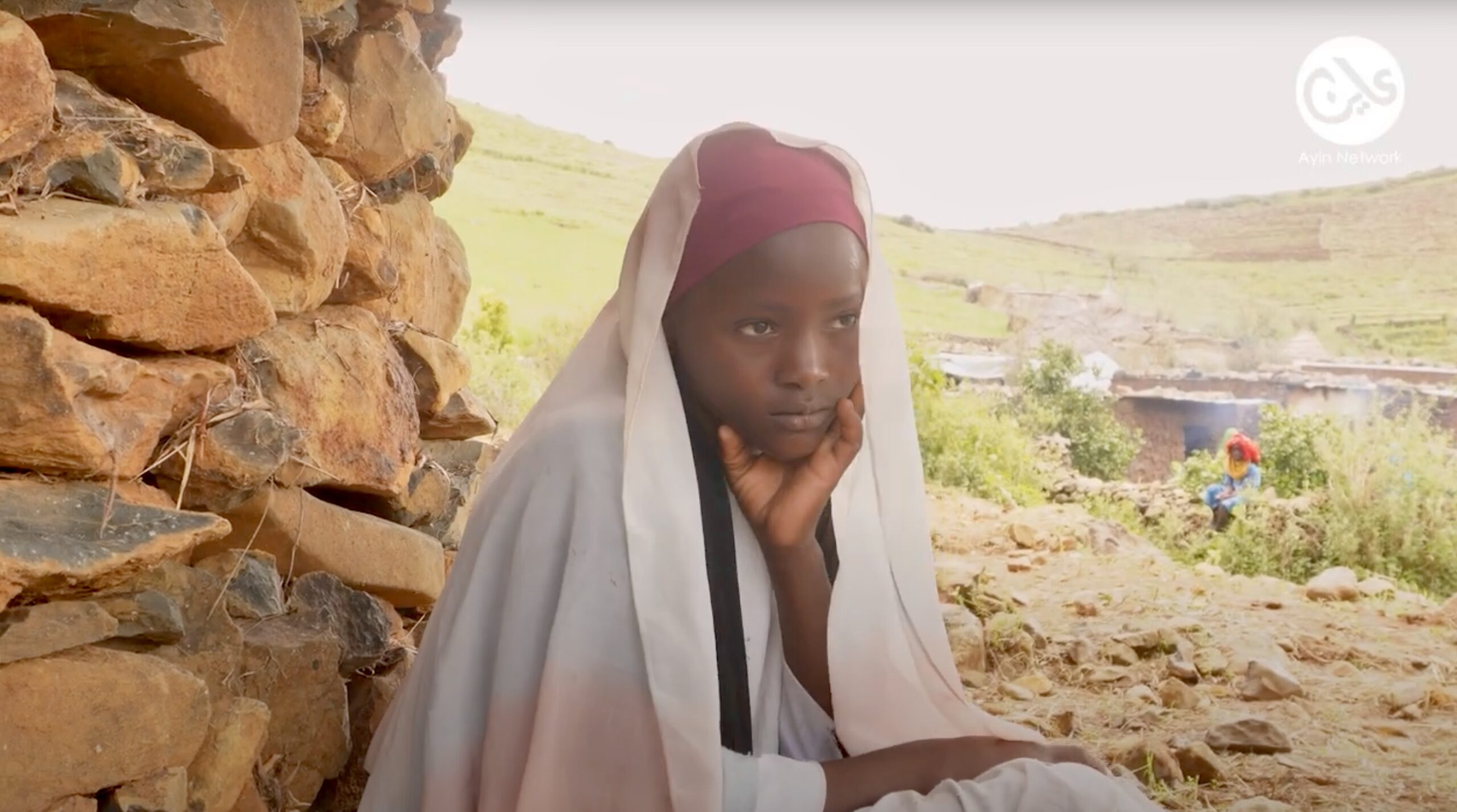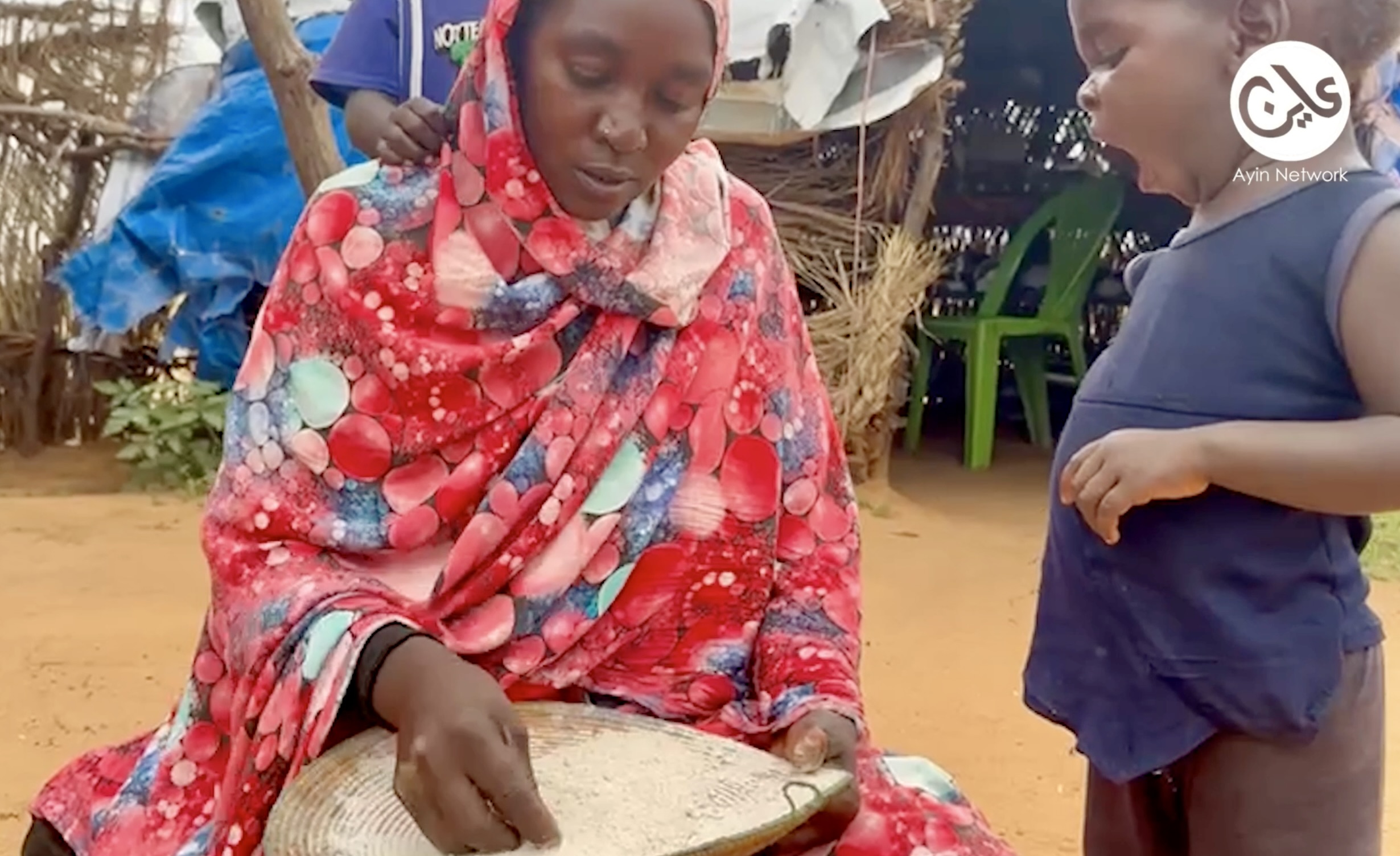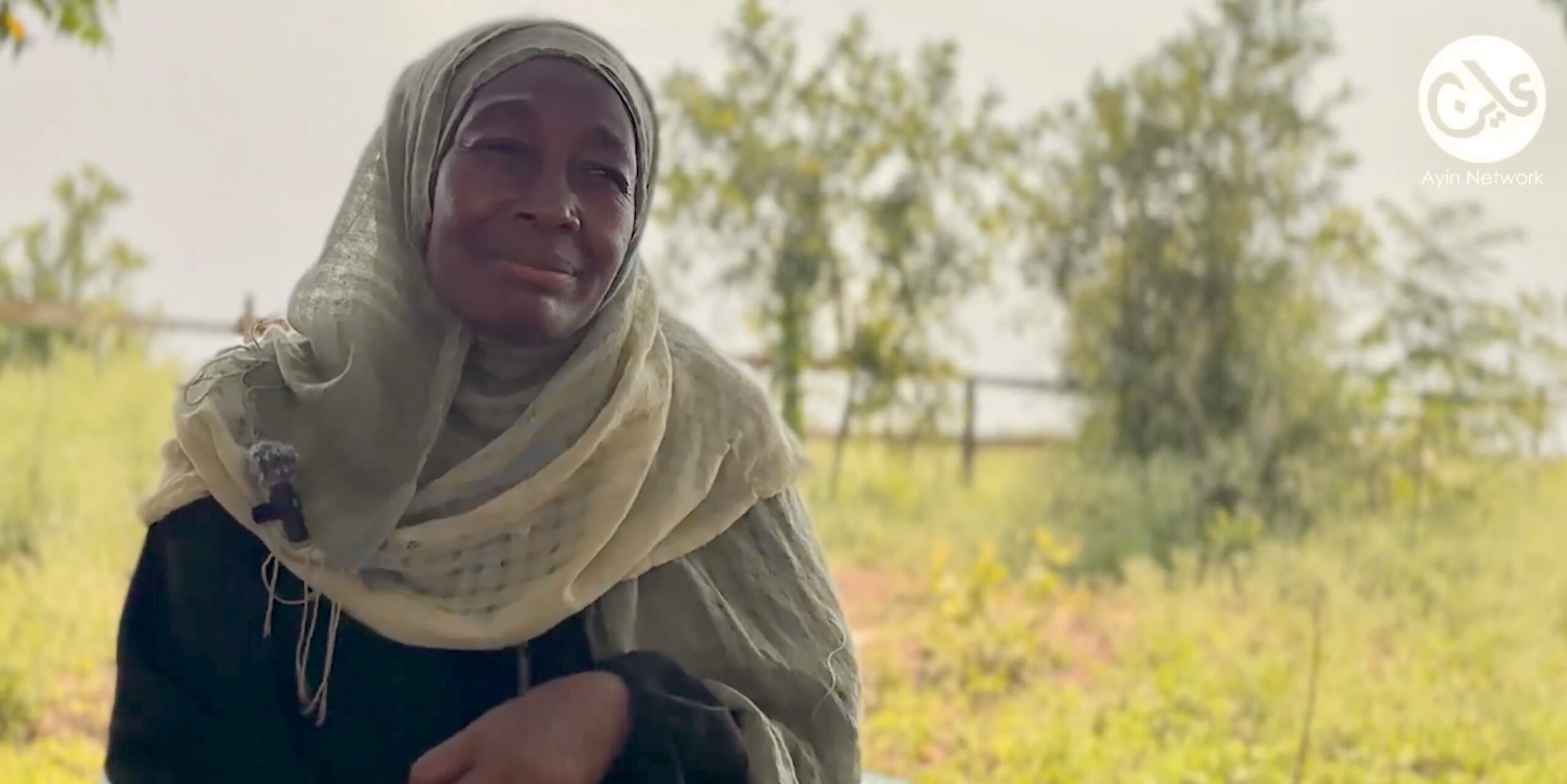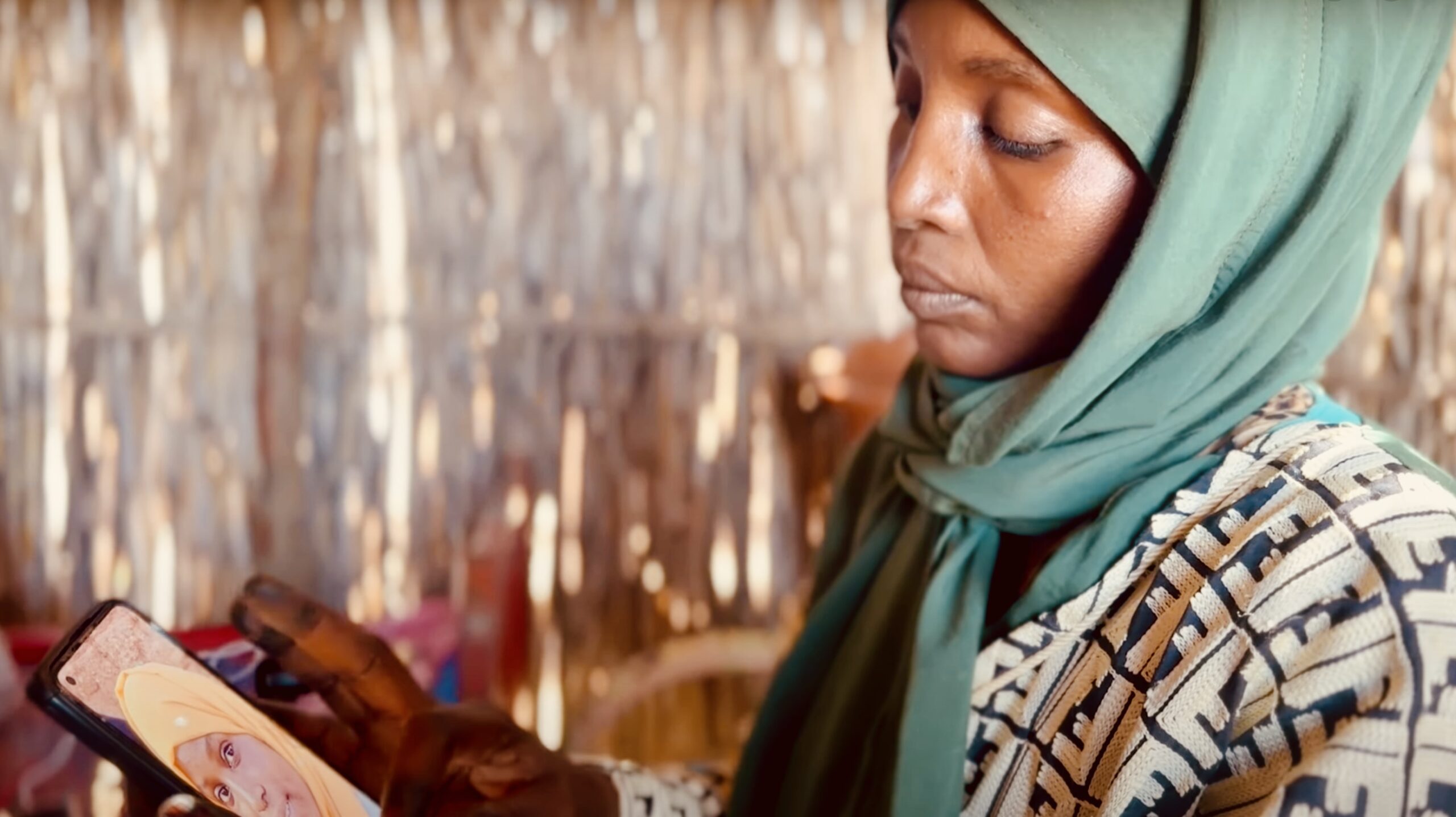Education and currency: Tools to divide Sudan
2 January 2024
Fears are rising in Sudan of the country’s division after the army-controlled government started procedures to introduce a new currency and hold secondary school exams in areas under its control. After 20 months of conflict between Sudan’s national army and the paramilitary Rapid Support Forces (RSF), once former allies, the two armed groups appear set to divide the country into two spheres of influence, analysts say.
The RSF have categorically rejected the latest measures by the army and view them as a preliminary step to divide Sudan and separate its regions.
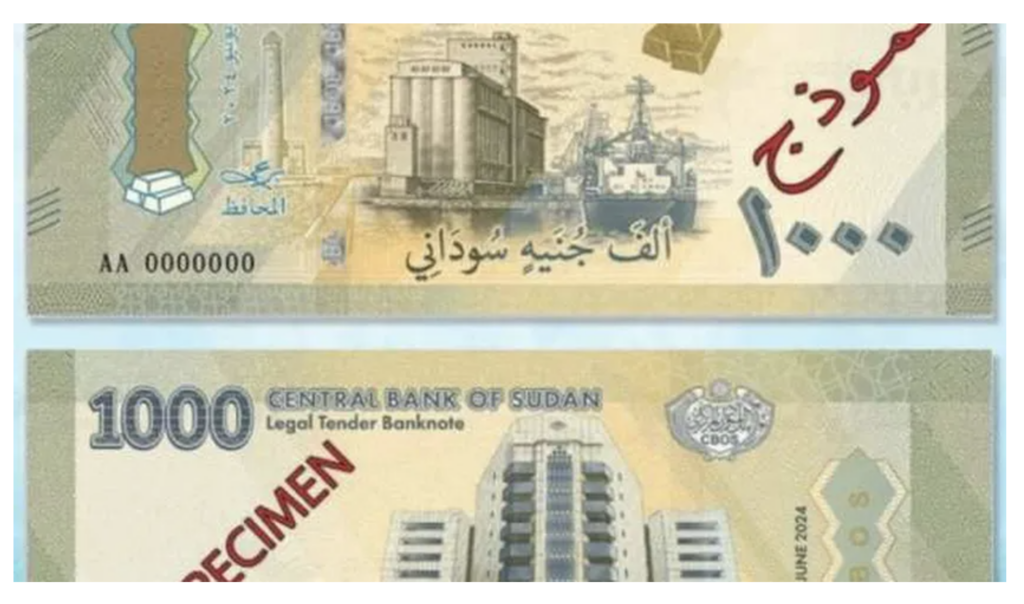
“We will not allow the circulation of the new currency in areas under our control and refuse students of the Sudanese Certificate exams to leave its territory,” the RSF said in a statement. The RSF also accused authorities under the de facto army-controlled government in Port Sudan of “using education to achieve political goals,” claiming the decision to hold secondary school exams in specific areas as a dangerous precedent, “reminiscent of colonial policies.”
On December 10, authorities in Port Sudan started a 13-day process to exchange their local currency, the pound, in denominations of 1000 and 500 pounds through bank deposits. According to a statement by the Central Bank in Port Sudan, the new currency is designed to prevent the spread of counterfeit currency within the country.’
“For civilians in RSF-controlled territories, merchants will have difficulties buying goods from other states,” said one citizen living in an RSF-controlled part of the country, requesting anonymity. “Economically, things will be hard.”
Economist Mohamed Al-Nayer, however, dismisses the idea that changing the currency will cause political and social divisions, claiming it is a vital measure to rectify the course of the Sudanese economy. Al-Nayer told Ayin changing the currency will help facilitate the opening of electronic accounts for all citizens. He also expects that changing the currency would reveal the counterfeiting operations that occurred during the war, in addition to identifying the sources of funds that can be confiscated if they were looted.
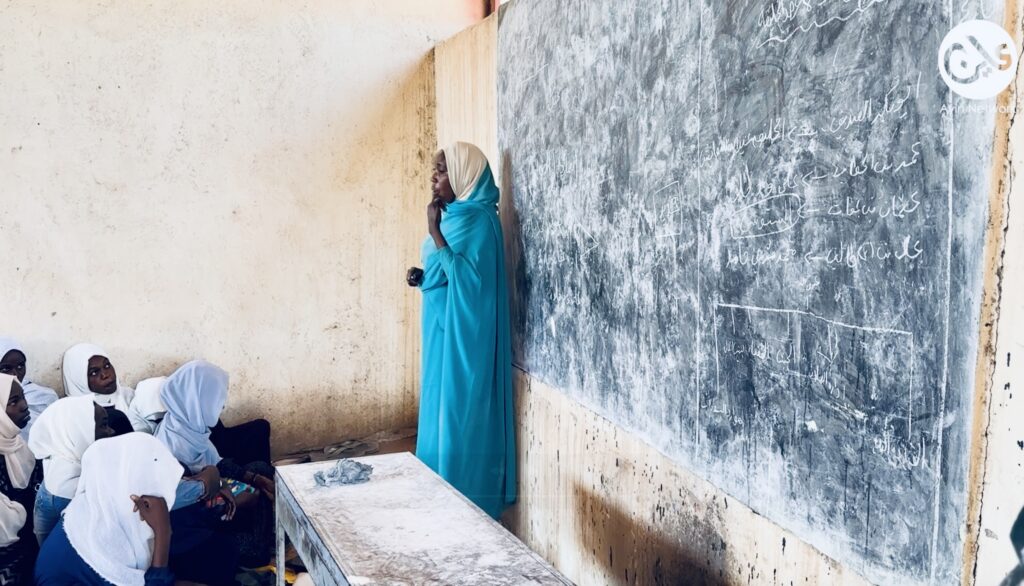
School exams
Last Saturday, 28 December, authorities started the secondary school certificate exams in the army-controlled areas, amid widespread rejection by Sudanese civil society.
In two statements issued on December 3 and 13, the Sudanese Teachers Committee warned of the dire consequences of holding secondary school exams under the current circumstances, noting that more than 60% of students, or more than 570,000 students, may be prevented from sitting for the exams. The committee said the exams will exclude five states in Darfur, three states in Kordofan, and significant parts of Khartoum, Al-Jazeera State, and other areas. “This exclusion highlights the lack of justice in the educational process and leaves thousands of students uncertain about their future,” committee spokesperson Sami Al-Baqir told Ayin.
The committee stressed that students in areas controlled by the Rapid Support Forces, such as South and West Darfur, face clear discrimination, as more than two thousand students in the city of El Geneina were prevented from sitting for exams in Chad, while other students in Al-Jazeera and parts of Khartoum are forced to travel to areas controlled by the army, often risking their lives in the process. The committee considered that these challenges make education a means of punishing students and their families because of where they live, transforming education from a means of achieving unity and peace into a tool for strengthening social divisions.
Sherif Mohamed Osman, the political secretary of the Sudanese Congress Party, told Ayin neither warring party has taken education seriously. After several rounds of negotiation between the warring parties, neither side has even bothered to discuss the continuity of education during the conflict, he added. “The authorities [in Port Sudan] have used the right to education to give a sense of legitimacy to their government, reinforcing a false image of their governance as a normal authority. The reality is completely different,” Osman said.




